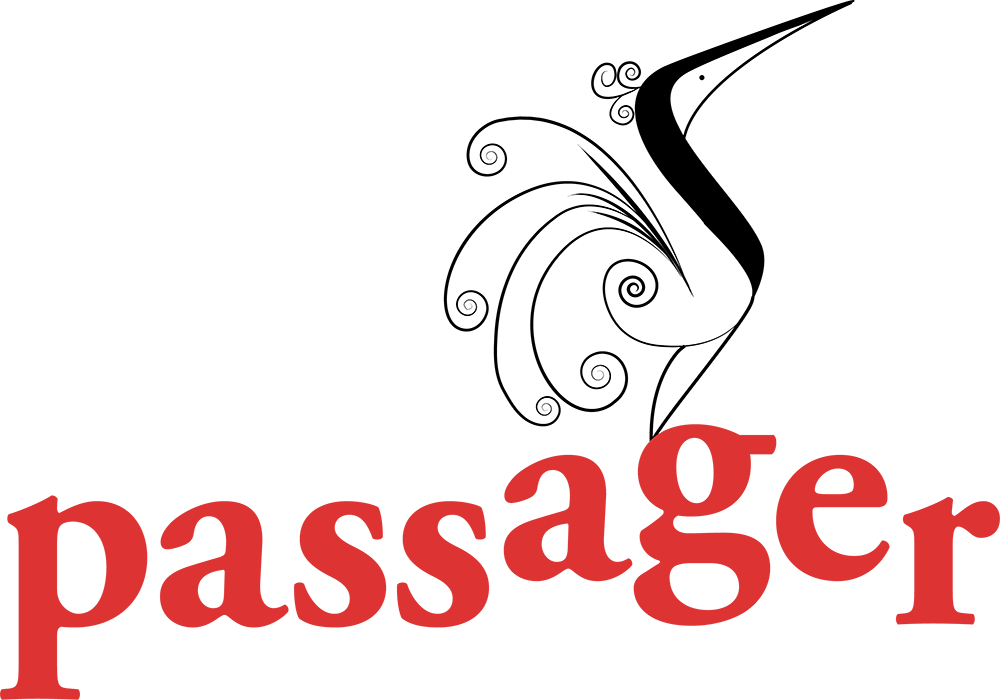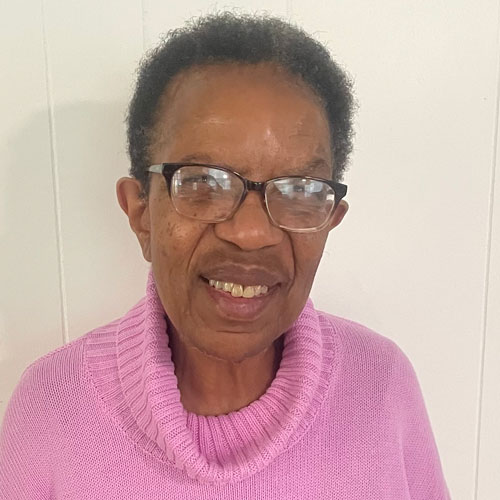Exploding Whale Day
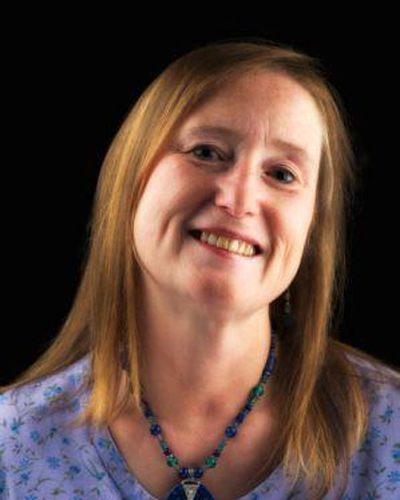
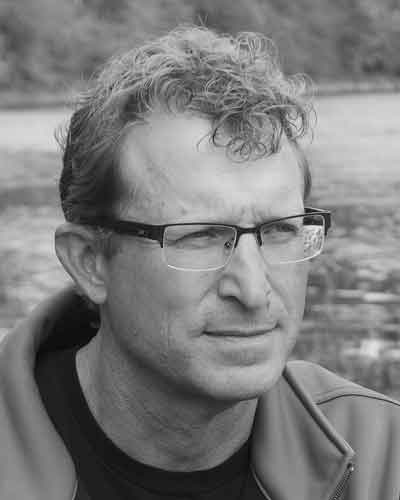
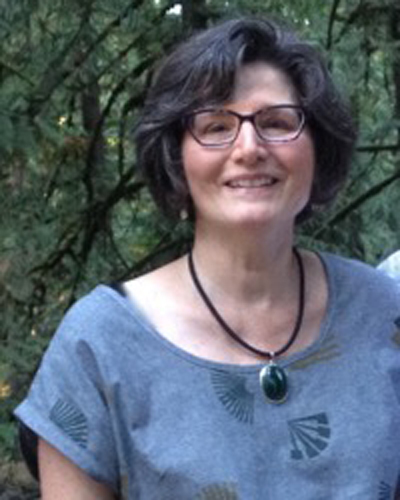
Commemorating an unusual anniversary with three poems by Oregonians Catherine McGuire, Henry Hughes and Kelly Sievers.
7 minutes
TRANSCRIPT
World Whale Day is celebrated every year on the third Sunday in February. But this is November, not February, so that’s not what we’re talking about today. Instead, we’re talking about another day devoted to whales—or at least one whale. November 12 is the anniversary of the day in 1970 when officials in the western Oregon town of Florence botched the disposal of a dead whale that had washed up onto their beach. They’d come up with the idea to set off explosives inserted in the whale’s carcass in order to blow it into smaller pieces that could then be disposed of. As you might imagine, lots of people gathered for the event. And as you might imagine, it didn’t go exactly as planned. The whale carcass was blown into pieces that went everywhere. Cars were damaged by large, heavy chunks of falling blubber. One witness said it was a sight and smell beyond description. He said, “Suddenly it was all over us. My trench coat was pink and glistening. Chunks of whale blubber flew everywhere.” Residents continue to honor the whale’s memory every November 12 with “Exploding Whale Day.” We’re going to commemorate Exploding Whale Day with three pieces by Passager writers from Oregon.
Catherine McGuire’s from Sweet Home, Oregon. She said she was her family’s genealogist, and her poem “On the Steps” was inspired by old family photos that she collected.
Photo to photo, they gather and shift
shuffled like cards and placed—
parents, then children, then inlaws—
on concrete or wood steps, that natural magnet
for groupings.
They watch the camera, weaving arms
across shoulders, resting them on nearby laps.
The matrons suck in the bakery years
that mass their middles; kids waver
between solemn and addled, risking that
cuff on the ear for spoiling a five-cent shot.
The men, in suits, stand like bookends
some reaching off-camera
to steady themselves.
A slight apprehension behind most eyes
as if they know this framed moment—
everybody smile!—holds them
like carelessly-tossed books, open
to any stranger’s glance.
Catherine McGuire’s poem “On the Steps” from Passager’s 2016 Poetry Contest issue.
Henry Hughes said this about his poem “It Was a Gray Day”: “Although it was spring, I was walking to work feeling sad about events in the nation, particularly the school shootings. But hearing jays in a nest, seeing a neighbor watering her geraniums, and noticing flowers planted around a local school lifted my spirits. There is some bitterness in the poem. How can one find solace in patched bullet holes? But I still can’t give up on the hope that nature can restore the soul.”
It was a gray day
until the dead spruce cheeped,
parent jays bluing busy
back and forth,
Mrs. Flores watering red geraniums
on her porch,
and fresh cut grass seasoning the sidewalk
as I walked to school
where they planted brick beds with petunias,
and replaced the broken glass
and blood-soaked tiles, and patched the bullet holes,
painting the hallway
a bright blue-green
some kid already splashed with chocolate milk,
making it look almost exactly
like the jay’s hatched eggshell
I found in the sun on the way home.
Henry Hughes’s poem “It Was a Gray Day” from Passager’s 2018 Poetry Contest issue. Henry’s from Monmouth, Oregon.
Kelly Sievers is from Portland, Oregon. She said, “So much can begin, or end, in a bar. I grew up in Milwaukee, Wisconsin. Our corner bar was a gathering place nearly as integral to our lives as the parish church.” Here’s Kelly’s poem “This Poem Begins in a Bar.”
on a Friday. Our faces lift—
platters of golden perch
float by in women’s arms. The light
is blue-tinted fluorescent. Neon Miller
and Schlitz burn in windows. Tables
are round and we are families of four,
six, or five. All daughters are named
Mary. Folded in each of us a lust,
not yet announced. Sons are creased
with wars-in-waiting. Frank or Peter
or John—we will remember them
later. To gain places at these tables
young women punched clocks,
typed hours of words until the word
bride reached them and became mother.
Fathers here stir gently in their chairs.
The bar noise makes a kind of silence
they longed for in the last war.
We all wave to the bartender as we leave,
palms open, tilted upward. On Sunday
our families press into pews. Palms meet,
and tomorrow idles.
Fathers and mothers, sons and
daughters, kneel and rise
kneel and rise.
Kelly Sievers’s poem “This Poem Begins in a Bar” from Passager’s Winter 2016 issue.
This episode of Burning Bright included pieces from Passager’s 2016 and 2018 Poetry Contest issues. The 2024 Poetry Contest issue came out not long ago, and this Sunday, November 17, a stanza of poets from that issue will be reading their work on a Passager online reading. You can get all the details about how to tune into that reading at Passagerbooks.com. You can also subscribe to or learn more about Passager and its commitment to writers over 50 at that same web site, passagerbooks.com. You can download Burning Bright from Spotify, Apple and Google Podcasts, and various other podcast apps. Passager offers a 25% discount on the books and journal issues featured here on Burning Bright. Visit our website to see what’s on sale this week.
I just referred to a “stanza” of poets. But what is the term for a group of poets? If you have a suggestion, send it to us at editors@passagerbooks.com.
For Kendra, Mary, Christine, Rosanne, and the rest of the Passager staff, I’m Jon Shorr.
